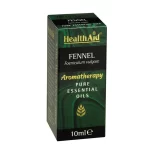

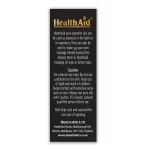

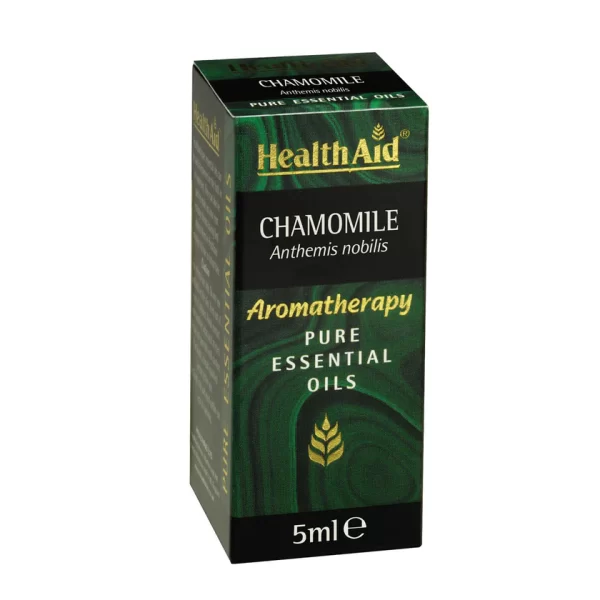
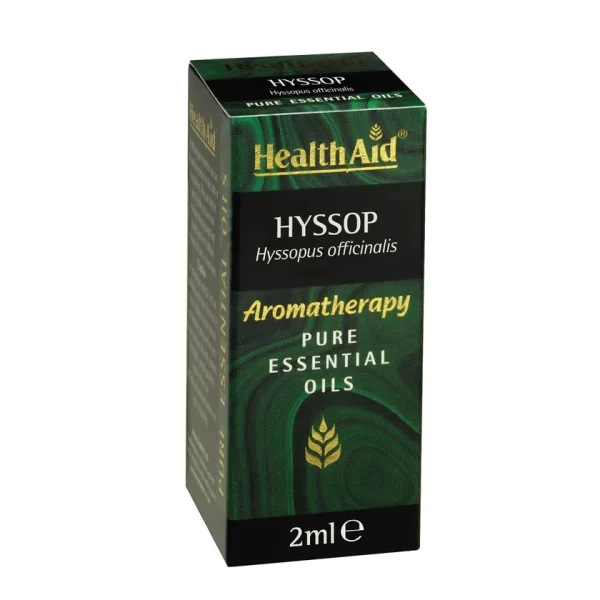
Fennel oil 10ml HealthAid
£9.99 Original price was: £9.99.£8.49Current price is: £8.49.
Fennel oil
HealthAid Fennel oil is derived from the seeds of the fennel plant (Foeniculum vulgare). It is known for its sweet, licorice-like aroma and has been used traditionally for various purposes. Here are some key points about Foeniculum vulgare oil:
1. **Aroma:**
– Fennel oil has a sweet, herbaceous fragrance with a characteristic licorice scent. The aroma can be quite strong, and it is often used in perfumery and aromatherapy.
2. **Chemical Composition:**
– The main components of fennel oil include anethole, fenchone, estragole, and various terpenes. Anethole is responsible for the sweet, licorice-like flavor and aroma.
3. **Culinary Use:**
– Fennel oil is used in the food and beverage industry for its distinct flavor. It is sometimes used to add a subtle licorice taste to culinary dishes, desserts, and beverages. It’s important to use it sparingly due to its concentrated nature.
4. **Digestive Support:**
– Fennel has a long history of use as a digestive aid. Fennel oil, when diluted and massaged on the abdomen, may help alleviate digestive discomfort and bloating.
5. **Aromatherapy:**
– Foeniculum vulgare oil is used in aromatherapy for its potential calming and balancing effects. Inhaling the aroma may help promote relaxation and reduce stress.
6. **Breastfeeding Support:**
– Fennel has been traditionally used to support breastfeeding mothers. Some women use Foeniculum vulgare oil topically on the breasts (diluted in a carrier oil) to promote lactation.
7. **Respiratory Health:**
– The aromatic properties of Foeniculum vulgare oil may be beneficial for respiratory health. It is sometimes used in steam inhalation to help clear the respiratory passages.
8. **Antimicrobial Properties:**
– Foeniculum vulgare oil has demonstrated antimicrobial properties in research studies, which may contribute to its traditional use for oral hygiene.
9. **Hormonal Support:**
– Foeniculum vulgare is believed to have mild estrogenic properties, and some women use Foeniculum vulgare oil to support hormonal balance. However, it’s essential to use it cautiously, especially for those with hormone-related conditions.
10. **Caution:**
– As with any essential oil, Foeniculum vulgare oil should be used with caution and properly diluted before topical application.
– Individuals with allergies to plants in the Apiaceae family (such as celery, carrots, and parsley) may be more prone to Foeniculum vulgare allergies.
11. **Quality and Purity:**
– Choose a high-quality, pure Foeniculum vulgare oil from reputable sources to ensure its authenticity and safety.
Always follow recommended guidelines for dilution and usage, and consult with a healthcare professional if you have specific health concerns or conditions, especially if you are pregnant, nursing, or have hormonal issues.

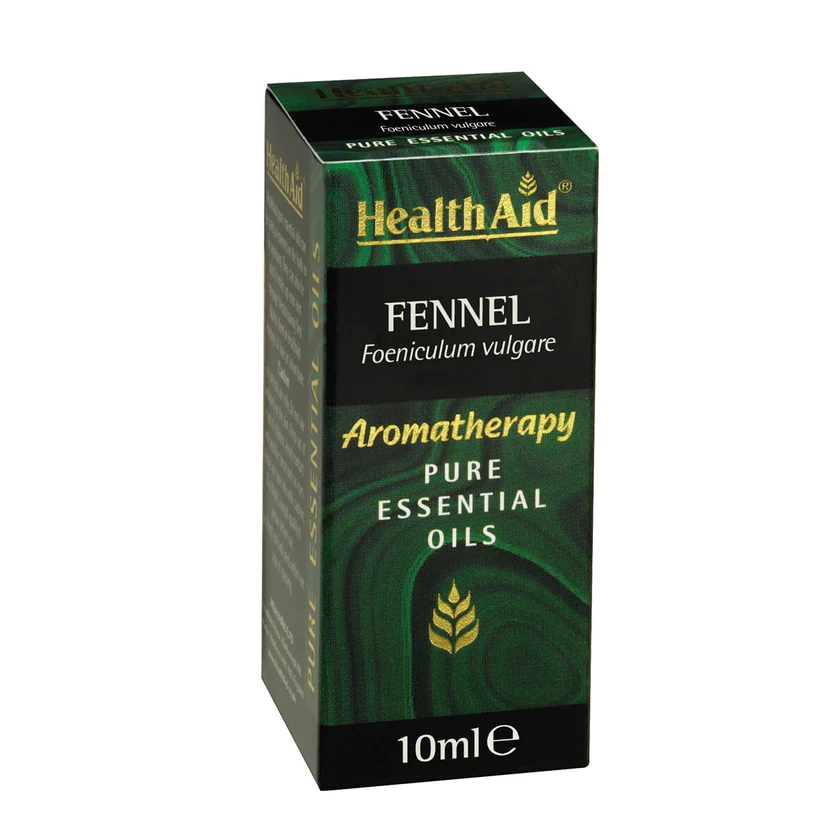
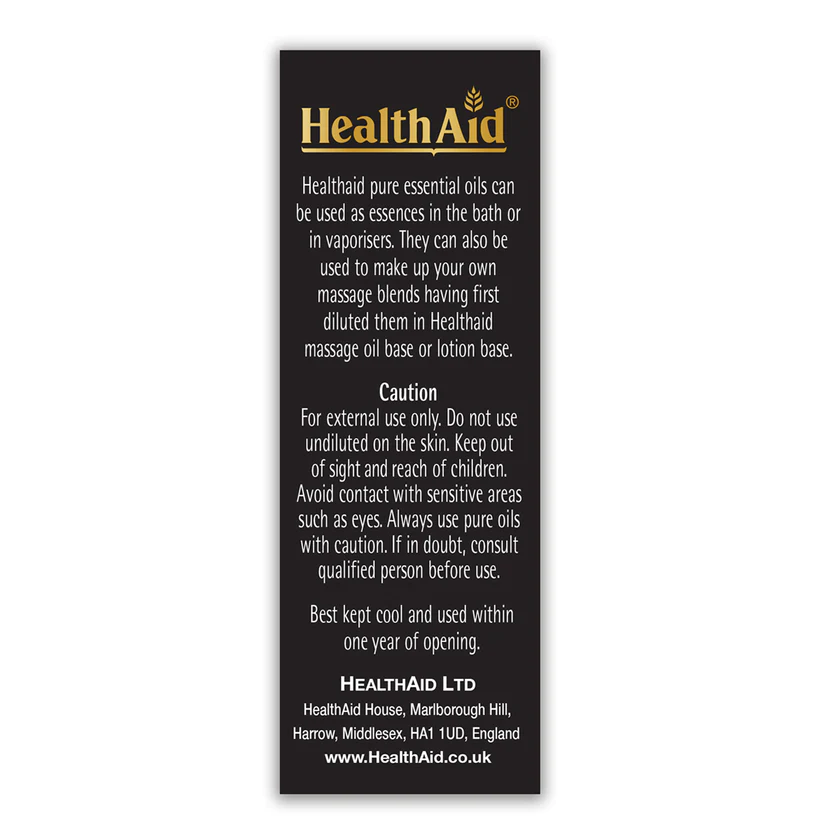

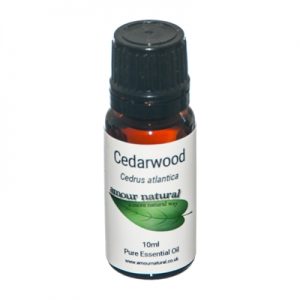
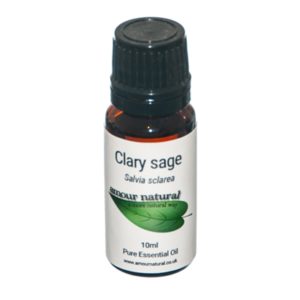
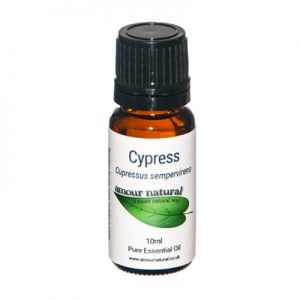
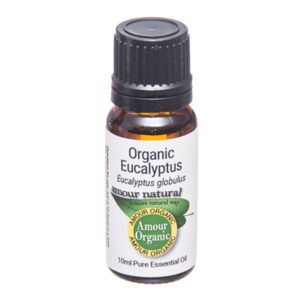
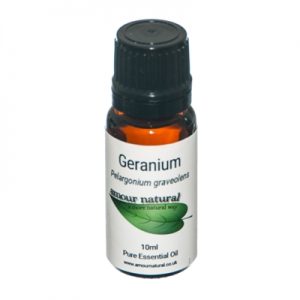
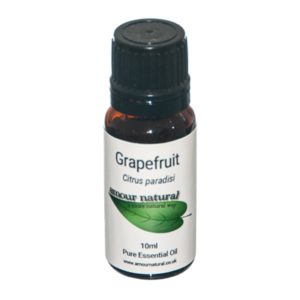
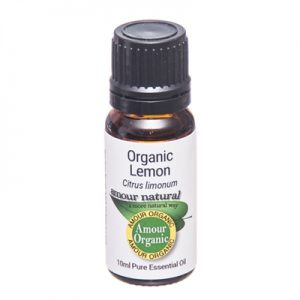
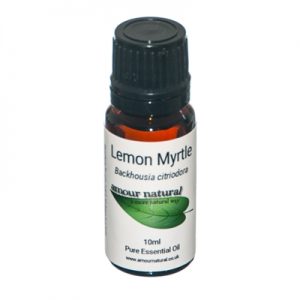




Reviews
There are no reviews yet.